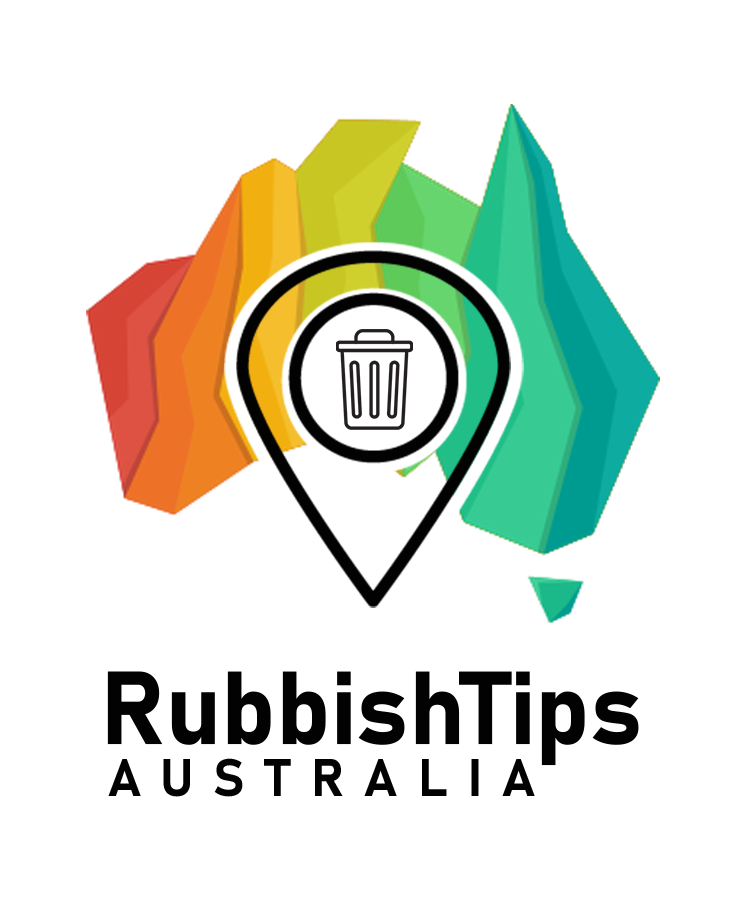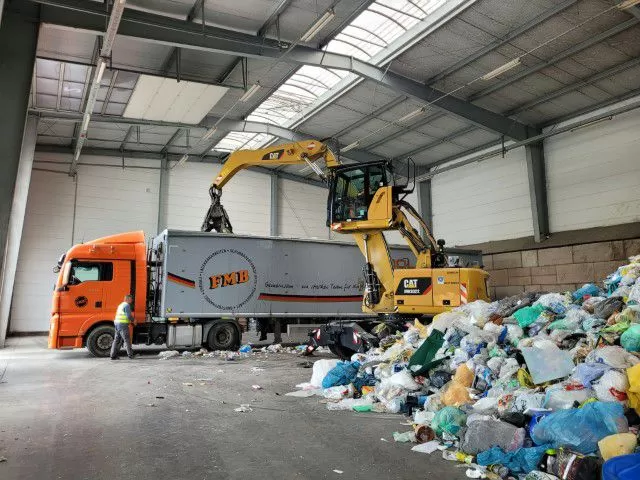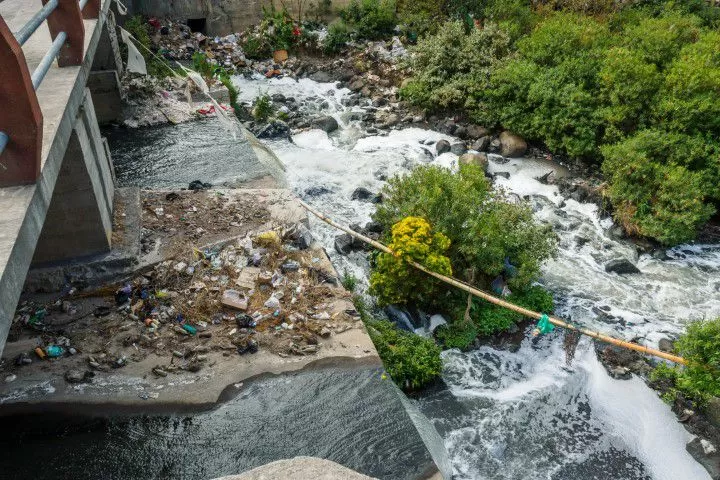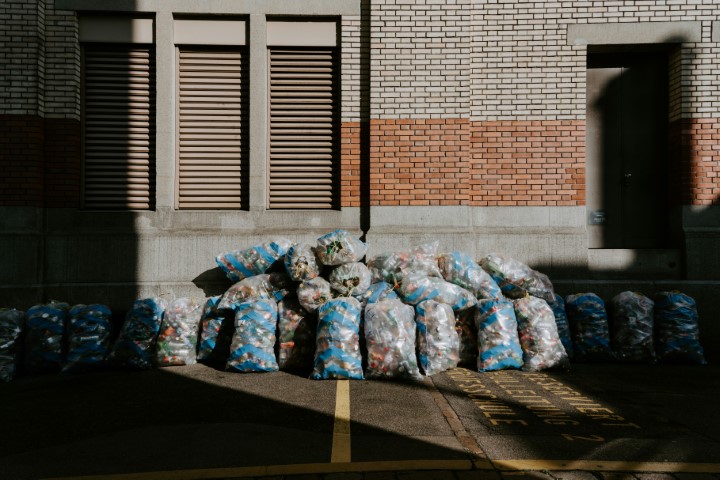
We’ve all been there—standing in the kitchen, staring at an overflowing rubbish bin, and wondering how on earth we accumulated so much waste. Whether it’s from food scraps, packaging, or the odd household item that’s seen better days, waste seems to pile up faster than we can say, “time for a tip run!” But what if I told you that with a few clever strategies, you could drastically reduce your household waste and maybe even skip that trip to the tip altogether?
Reducing household waste isn’t just good for the environment; it can also save you money and make your home a cleaner, more organized space. So, before you load up the car for another trip to the landfill, check out these tips to minimize your household waste and make a positive impact on your wallet and the planet.
1. Rethink Your Shopping Habits: Buy Less, Choose Better
Let’s start at the source—your shopping habits. The best way to reduce waste is to prevent it from entering your home in the first place. This means being mindful about what you buy and how much of it you actually need.
Quality Over Quantity: Instead of buying cheap, disposable items that are destined for the bin after a few uses, invest in high-quality products that are built to last. This applies to everything from kitchen gadgets to clothing. A well-made item might cost more upfront, but it will save you money (and reduce waste) in the long run.
Shop with a List: We’ve all been guilty of impulse buys—grabbing that extra pack of snacks or a new kitchen gadget because it seemed like a good idea at the time.
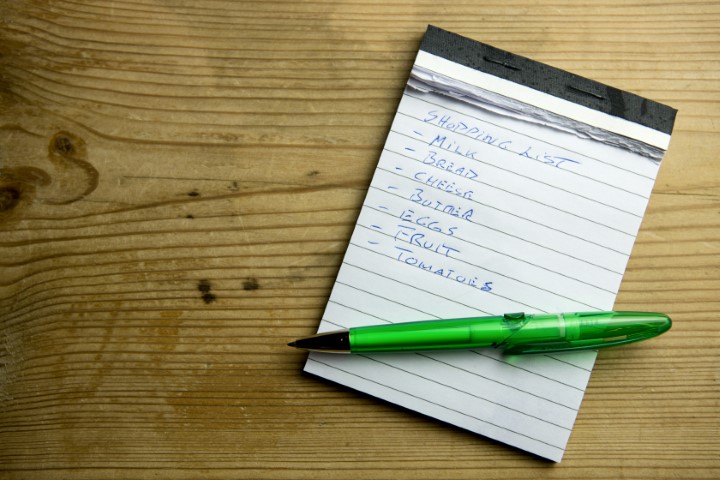
To avoid this, always shop with a list and stick to it. This will help you avoid unnecessary purchases and reduce food waste by ensuring you only buy what you actually need.
Say No to Single-Use Plastics: Single-use plastics are one of the biggest culprits when it comes to household waste. Opt for products with minimal or recyclable packaging, and bring your own reusable bags, containers, and produce bags when shopping. Many supermarkets now offer bulk bins for items like grains, nuts, and spices, allowing you to reduce packaging waste even further.
2. Get Creative with Food Waste: Eat, Don’t Bin
Food waste is a major issue in Australia, with households throwing away around 3.1 million tonnes of edible food each year. Not only is this a waste of money, but it also contributes to greenhouse gas emissions when it ends up in landfill. The good news? Reducing food waste at home is easier than you might think.
Plan Your Meals: Meal planning is a simple yet effective way to reduce food waste. By planning your meals for the week and creating a shopping list based on what you already have in your pantry, you can avoid overbuying and ensure that everything you purchase gets used. Plus, it takes the guesswork out of “What’s for dinner?”—a win-win!
Love Your Leftovers: Don’t let leftovers go to waste! Get creative with your meals and find new ways to use up what’s in the fridge. Leftover roast veggies can be turned into a frittata, stale bread into croutons, and overripe fruit into smoothies or baked goods. There are endless possibilities if you’re willing to get a little inventive in the kitchen.
Compost It: Even with the best planning, some food waste is inevitable. Instead of tossing it in the bin, start a compost pile or invest in a composting bin.

Composting turns organic waste into nutrient-rich soil that you can use in your garden. If you’re not into gardening, many councils offer composting programs or community gardens where you can donate your compost.
3. Reuse and Repurpose: Give New Life to Old Items
Before you throw something away, think about whether it could be reused or repurposed. You might be surprised at how many items in your home can be given a second life.
Repair, Don’t Replace: Got a leaky tap, a wobbly chair, or a torn shirt? Instead of throwing it out and buying a new one, try repairing it. YouTube is a goldmine of DIY repair tutorials, and many communities have repair cafes where volunteers help fix everything from electronics to clothing. Not only will you reduce waste, but you’ll also save money and learn some handy new skills.
Repurpose with Purpose: Old jars can become storage containers, worn-out T-shirts can be turned into cleaning rags, and even broken furniture can be upcycled into something new and unique. Before you bin it, think about how you could repurpose it. There’s a certain satisfaction in creating something useful out of what would have otherwise been waste.
Swap and Share: Organize a swap party with friends or neighbors to exchange items like clothing, books, and household goods. What’s old to you might be new to someone else. And for items you no longer need but are still in good condition, consider donating them to charity or selling them online. One person’s trash is another’s treasure!
4. Recycle Right: Know What Goes Where
Recycling is a crucial part of reducing household waste, but it’s important to do it right. Contaminated recycling bins can lead to whole batches of recyclables being sent to landfill, so make sure you know what can and can’t be recycled in your area.
Check the Labels: Not all plastics are created equal. Check the recycling symbols on packaging to see if it can be recycled, and if in doubt, leave it out. Items like soft plastics (e.g., plastic bags and wrappers) usually can’t go in your curbside recycling bin, but many supermarkets offer collection points for these materials.
Clean and Dry: Make sure your recyclables are clean and dry before tossing them in the bin.
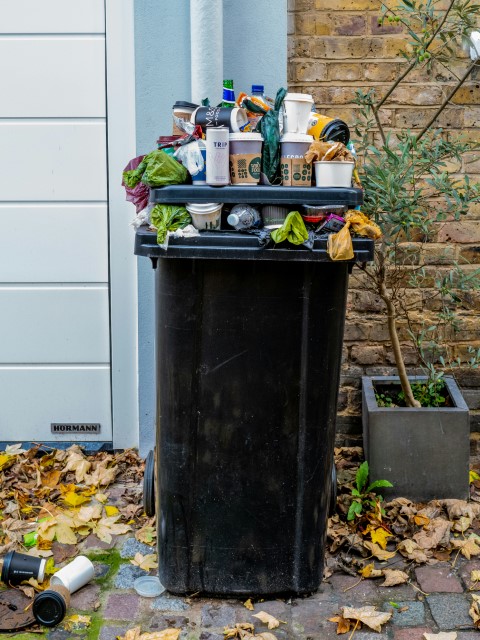
Rinse out containers, remove food residues, and let them dry before recycling. This helps prevent contamination and ensures that your recyclables can be properly processed.
Know Your Local Rules: Recycling rules can vary between councils, so it’s worth checking your local guidelines. Some areas accept items like batteries, electronics, and light bulbs for special recycling, while others don’t. Knowing the rules will help you recycle more effectively and reduce the amount of waste that ends up in landfill.
5. Reduce Your Paper Trail: Go Digital
Paper waste is another big contributor to household rubbish, but with the rise of digital technology, it’s easier than ever to cut down on paper use.
Opt for E-Bills and E-Statements: Many companies now offer the option to receive bills and statements via email instead of by post. Making the switch to digital not only reduces paper waste but also helps you keep your documents organized and accessible.
Cancel Junk Mail: Unsolicited mail can be a major source of paper waste. Place a “No Junk Mail” sign on your letterbox to reduce the amount of unwanted mail you receive. For the mail that still gets through, make sure to recycle it properly.
Use Reusable Alternatives: Instead of paper towels, switch to reusable cloths for cleaning. Replace disposable paper napkins with cloth napkins, and use a digital notebook app instead of paper for jotting down notes. Small changes like these can add up to significant waste reduction over time.
Conclusion: Every Little Bit Counts
Reducing household waste might seem like a daunting task, but it’s all about taking small, manageable steps. By rethinking your shopping habits, getting creative with food waste, reusing and repurposing items, recycling properly, and embracing digital alternatives, you can significantly cut down on the amount of waste your household produces.
The best part? These changes not only benefit the environment but also make your home a more organized, efficient, and pleasant place to live. So before you head to the tip, give these tips a try—you might just find that you can skip the trip altogether!
Sources:
- Australian Government Department of Agriculture, Water and the Environment. (2023). National Food Waste Strategy. Retrieved from https://www.environment.gov.au
- Sustainability Victoria. (2023). Household Waste Reduction Tips. Retrieved from https://www.sustainability.vic.gov.au
- Fight Food Waste Australia. (2023). Reducing Food Waste at Home. Retrieved from https://fightfoodwastecrc.com.au

Matt Flare was born and raised in the Northern Sydney beachside suburbs and is fascinated by how our society handle the millions upon millions of tonnes of waste we produce every day.
How to Reduce Your Household Waste: Tips Before You Head to the Tip
Picture this: it’s the year 2050, and Australia has officially…
The Future of Waste Management in Australia: Are We Ready for Zero Waste?
Picture this: it’s the year 2050, and Australia has officially…
Australia’s Most Innovative Landfill Projects
When you think of a rubbish tip, what comes to…
Illegal Dumping: How It’s Affecting Our Aussie Communities
Imagine you’re out for a morning jog, enjoying the fresh…
How Some Aussie Landfills Are Being Transformed Into Community Parks
Landfills aren’t exactly known for their beauty. They’re where we…
$100 Million Worth Of Art Dumped At A Tip
Imagine this: a hidden fortune worth $100 million, buried beneath…
